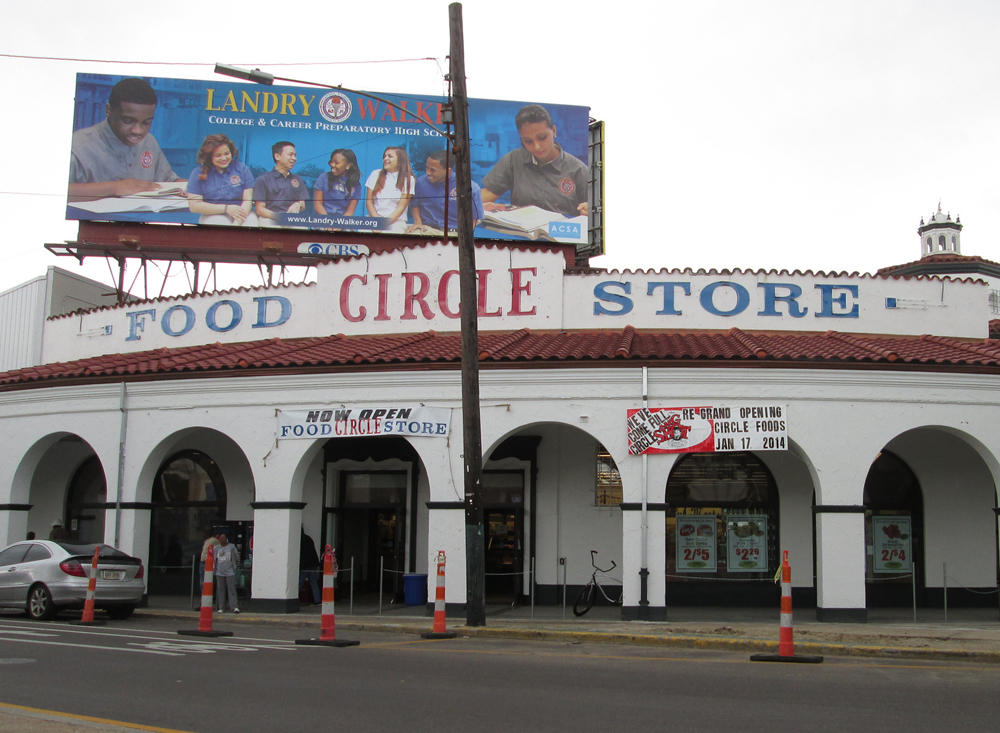

In the meantime, FNS told TIME that administrators are working with states to explore other options. Instead, Greenaway’s organization has been coordinating its own working groups and holding meetings with state WIC agencies, retailers and other organizations for months, even as the USDA issued guidance again on May 11 reiterating that WIC purchases must be completed in front of a cashier.

“An administration that was proactive, recognizing the problems and consequences and risks, particularly to pregnant women, babies and young children, would have been on top of this and moved aggressively to allow maximum flexibility for participants in the program,” says Douglas Greenaway, president and CEO of the National WIC Association. WIC transactions are more complicated than using food stamps since they require stores’ computer systems to recognize the food items that individual participants are allowed to buy, so there are some technological hurdles to work out. WIC advocates argue that a similar switch could happen in the WIC program too. As the pandemic exploded this spring, USDA allowed a growing number of states to enter a pilot program that allows SNAP recipients to use food stamps to shop online. The National WIC Association, the nonprofit that works on education and advocacy around the federal program, has taken a leading role in pushing for online purchasing. A spokesperson for the agency said that removing the requirement could have a “significant negative impact on program integrity.” In a statement to TIME, USDA Secretary Sonny Perdue said that “USDA is maximizing our services and flexibilities to ensure children and others who need food can get it during this Coronavirus epidemic.” Extensive data has now shown that low-income areas are being hit hard by the coronavirus pandemic, and Hispanic and black Americans, who make up a significant share of WIC participants, are getting sick at higher rates.įNS officials did not answer specific questions TIME asked about online shopping access or when the agency might change the requirement that WIC participants complete purchases in front of a cashier. To qualify for the benefit, a family must be at or below 185% of the federal poverty level. The WIC program helps women who are pregnant, postpartum or breastfeeding and children up to age five. “I mean, they almost act as if poor people, working class people, can’t be in the 21st century with others.” “I don’t understand what their rationale would be,” he said in an interview with TIME.

Levin says he’s “very unhappy” about FNS’s failure to act. Miller recently responded to Levin saying that “FNS is actively reviewing requests for waivers of the requirement that WIC transactions occur in the presence of a cashier in order to allow for a contactless transaction.” Gwen Moore, wrote a letter to Food and Nutrition Service (FNS) Administrator Pam Miller, whose department oversees WIC, asking her to waive the requirement that participants enter their PIN or use vouchers in front of a cashier. On May 8, nearly 100 members of Congress, led by Michigan Rep. Those challenges are heightened for any mom who’s going in with young children.” You might have to wait in line for a long period of time. “It’s challenging for anyone to go to the grocery store right now, given that social distancing rules are in place. “It’s an equity concern,” says Melissa Cannon, a senior policy advocate at California Food Policy Advocates who has been working on the issue. But even as most states imposed stay-at-home orders this spring, the USDA hasn’t budged on the rule requiring beneficiaries to purchase their groceries in person, citing concerns about fraud.Īdvocates aren’t buying it. Department of Agriculture has granted a number of waivers allowing state agencies to issue WIC benefits and conduct other operations remotely during the pandemic. Federal lawmakers have backed the idea, and the U.S.

So I’m trying to just be quick about it.”Īnti-hunger organizations and advocates for low-income families have been working toward making online grocery shopping possible for WIC families for years, and as the coronavirus spread this spring, those efforts accelerated. “I’m like, there’s no way that I could do that because when I go out, I don’t take the kids so I have to leave the kids with the elderly and my husband is trying to work. “At Safeway, I went in and out because it was just literally chaotic,” Marquez says.


 0 kommentar(er)
0 kommentar(er)
